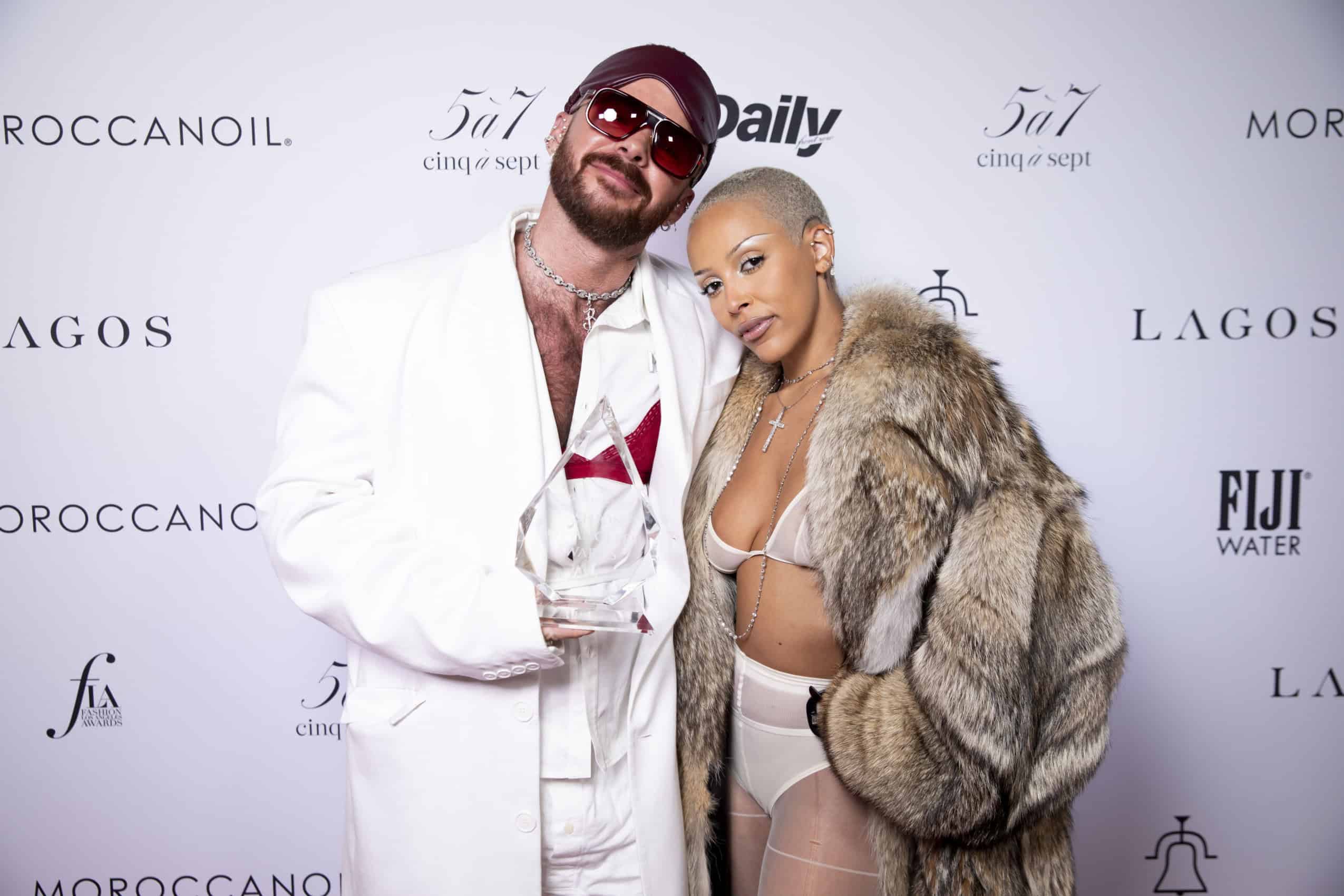Although they can both technically do this job and are equally committed to doing the work, it’s clear early on that her instincts, coupled with her work ethic, make her a better employee. And yet Luke clings to a sense of entitlement as if he’s owed this job and this life because he’s wanted it so badly for so long. This kind of entitlement is a luxury for Em, who has worked her ass off for as long as she can remember.
Along with her insightful examination of office politics and sexism, Domont also explores the dynamics at play in their relationship sexually. At first, their passion and carnal lust are equal; they’re partners in each other’s pleasure, with Luke going down on Em. But as her star rises at work, his resentment manifests in impotence, later in the power of withholding sex, and finally in force. Though the metaphor is occasionally heavy-handed, it’s effectively employed to show how male violence is weakness, not strength.
Ehrenreich tackles Luke’s arc from supportive partner to maniacal foe with aplomb, but this is Dynevor’s film from start to finish. Her strength comes mostly from her reserve in public, only letting Luke see the looser her. But as the stress at work and home mounts, she must find ways to charm all the men in her life—without ever letting them know it.
Throughout most of the film, Dynevor holds her body rigid, towering in her sleek yet uncomfortable heels, only allowing her emotions to show in brief flashes of anger, joy, or stress across her face. This control over her expressions becomes harder as Luke’s behavior becomes increasingly erratic. Yet, even as she projects one version of herself, Dynevor’s breakout performance shows the strain that this double identity takes on her through just a deep breath here, a hidden look of sorrow there, or a slight tremble in her response to a co-worker.
Em eventually lets loose in a fiery speech and scene that borrows heavily from the George Cukor classic “Gaslight,” starring Ingrid Bergman. Fans of that film that has launched a million misinterpretations will enjoy Domont’s steady grasp on how the phrase is not just rooted in a generic manipulation of someone’s reality but also the power dynamics of a couple and their private and public perceptions. Domont’s homage, in dialogue and blocking, is far more earned than most modern evocations of the term (which is, interestingly, never uttered in “Fair Play”).
You can view the original article HERE.
:quality(85):upscale()/2024/05/01/868/n/1922283/a63ed21666329ce79de023.96393449_.jpg)

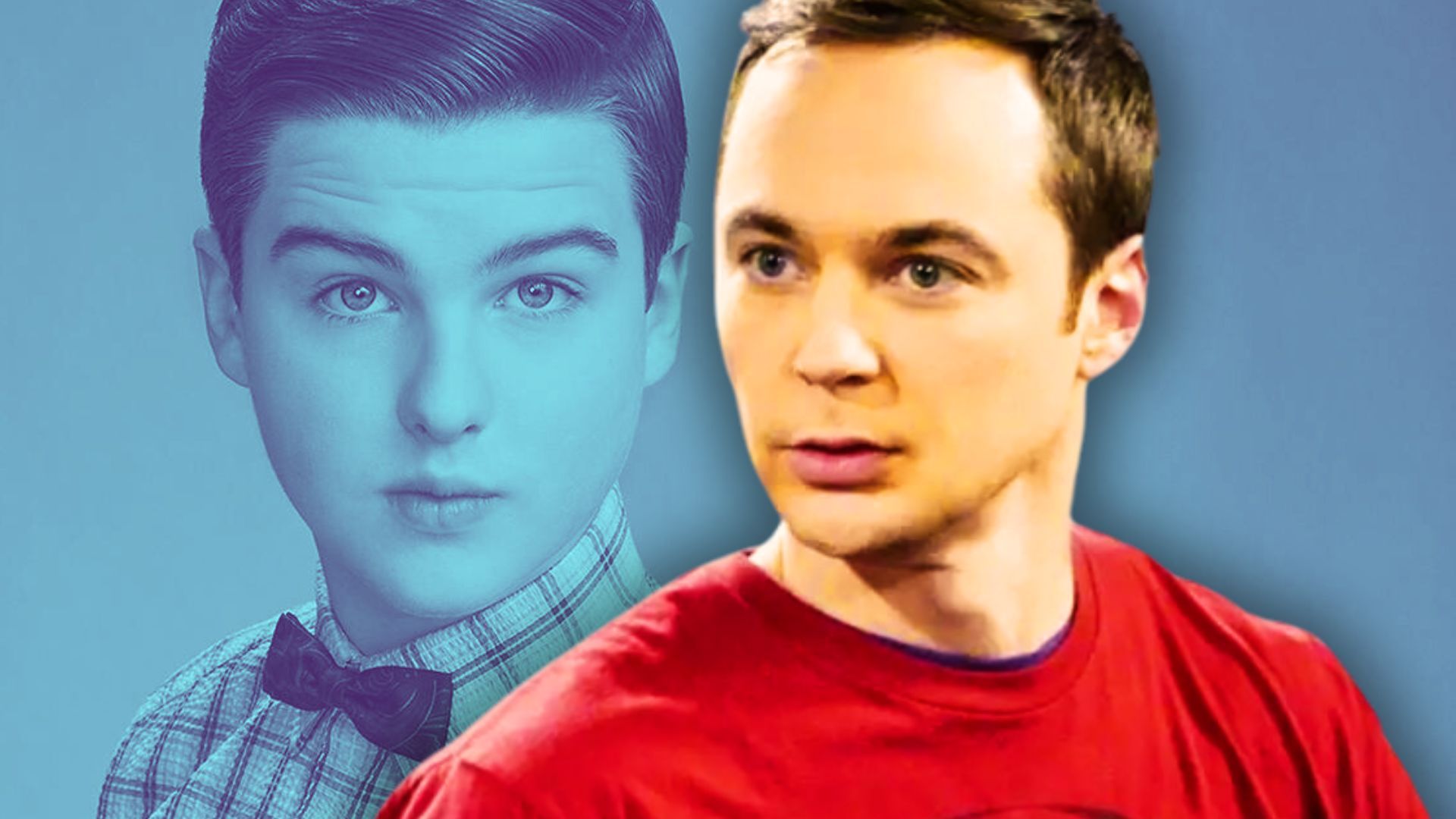

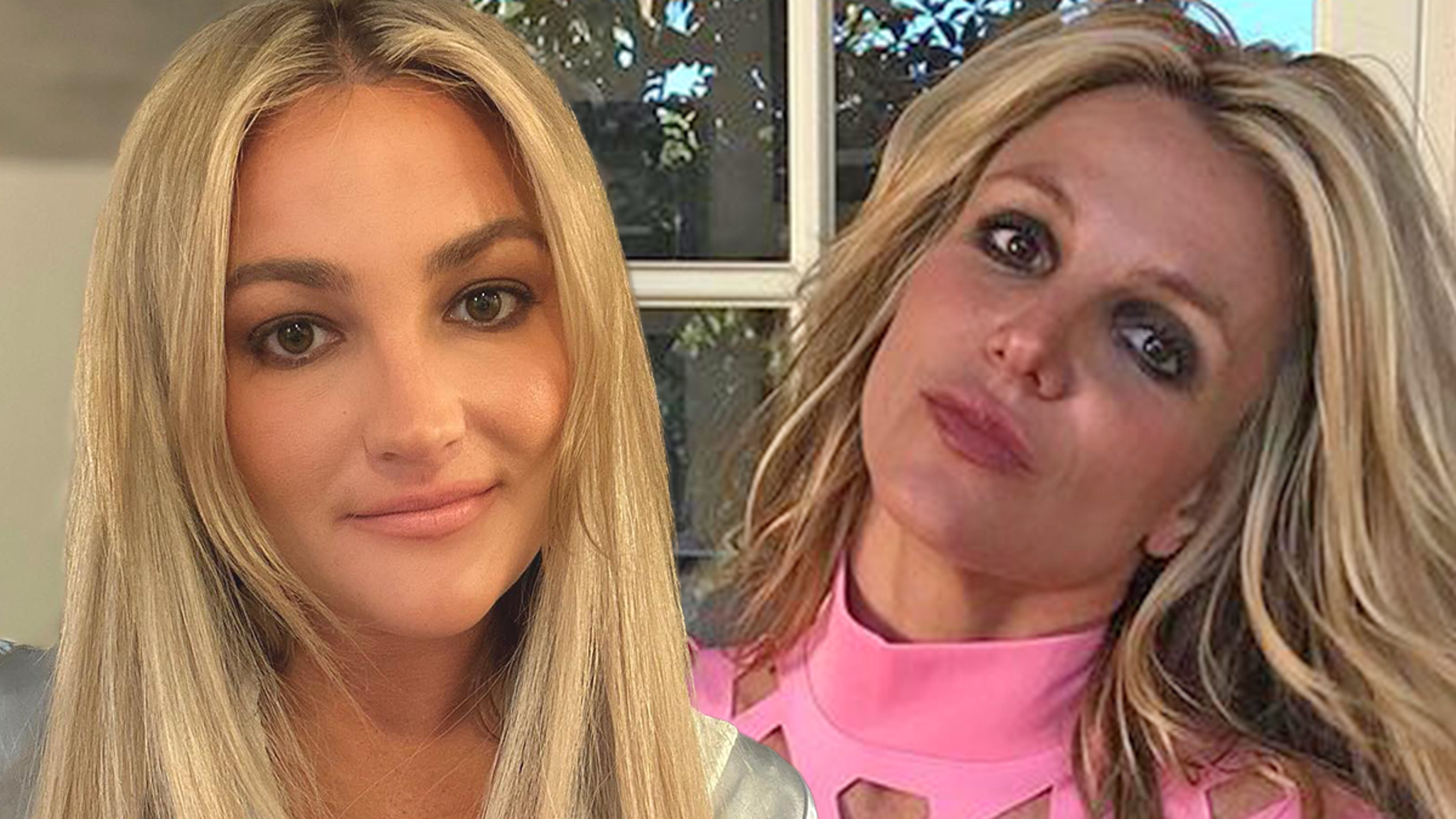
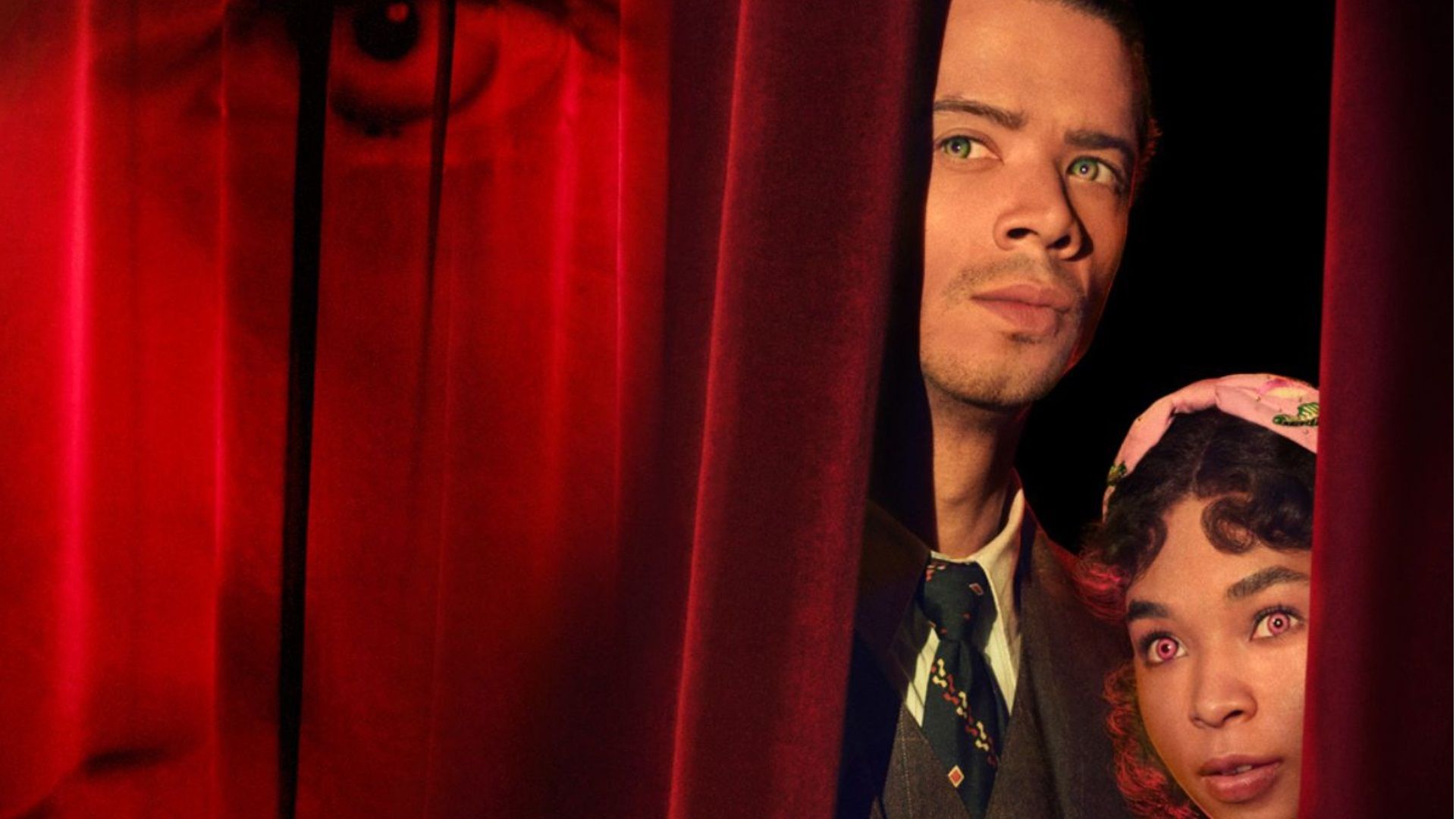


:quality(85):upscale()/2024/04/29/903/n/1922283/39ac4091663005d2b49620.73009363_.jpg)
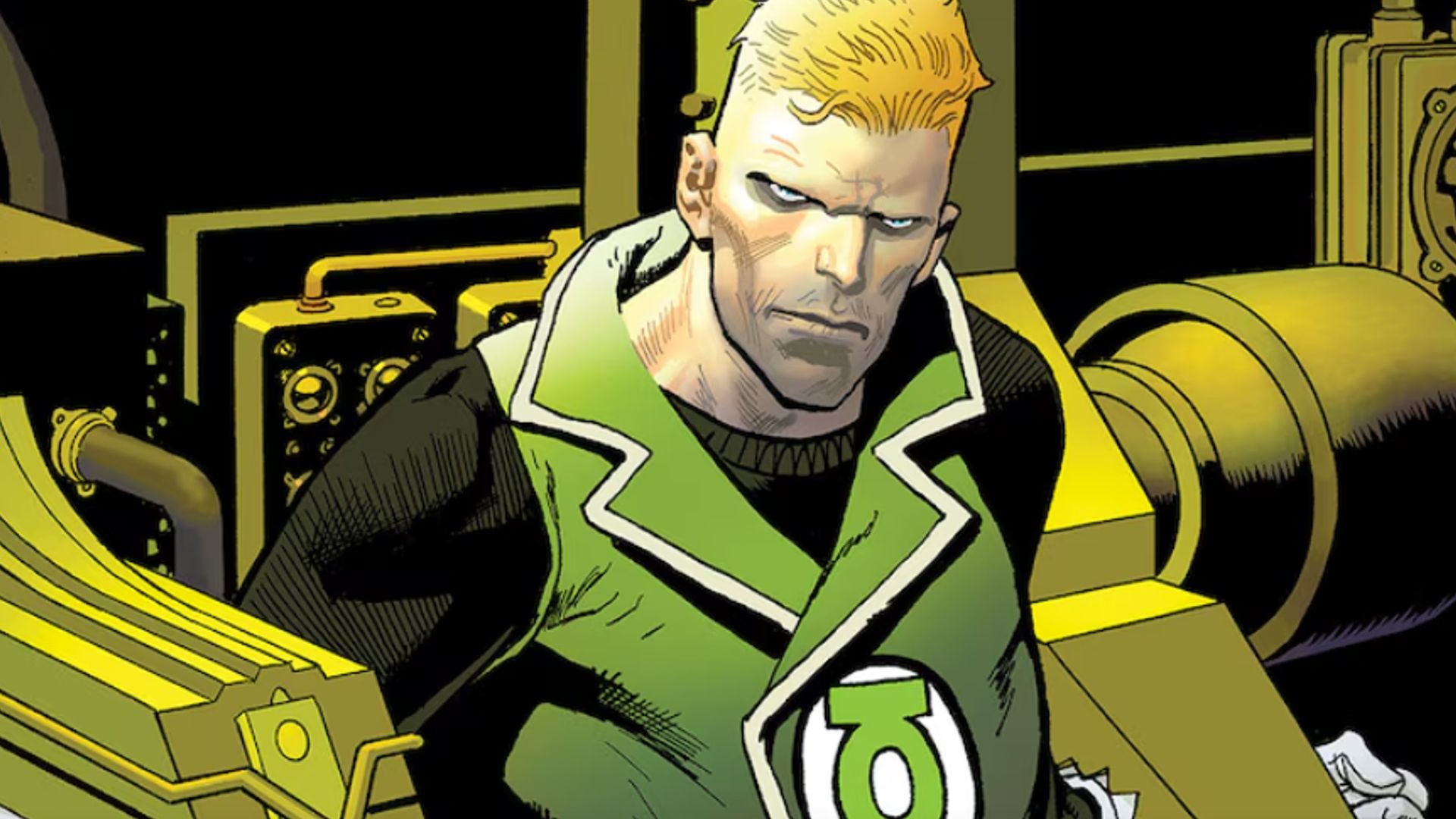
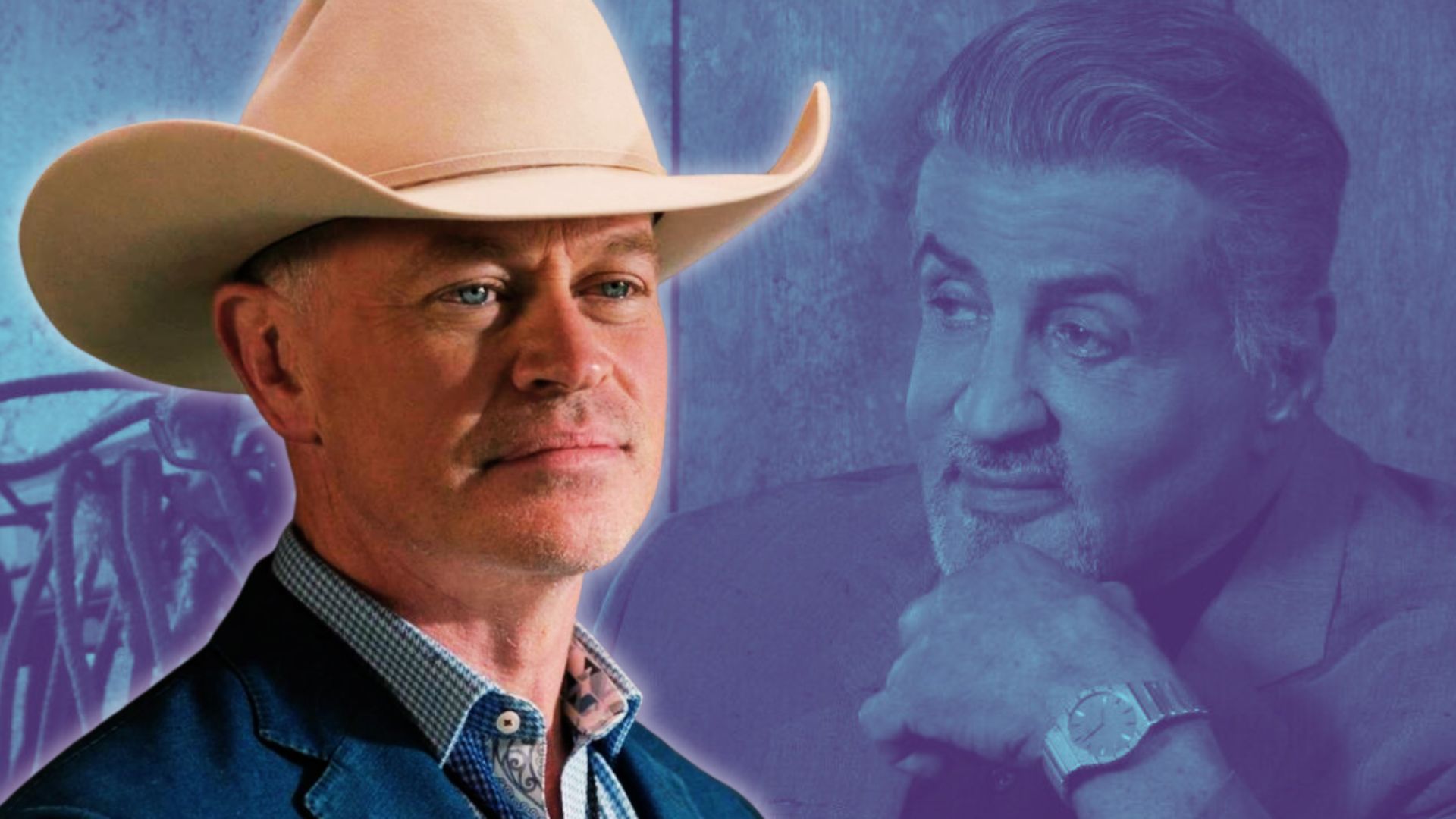

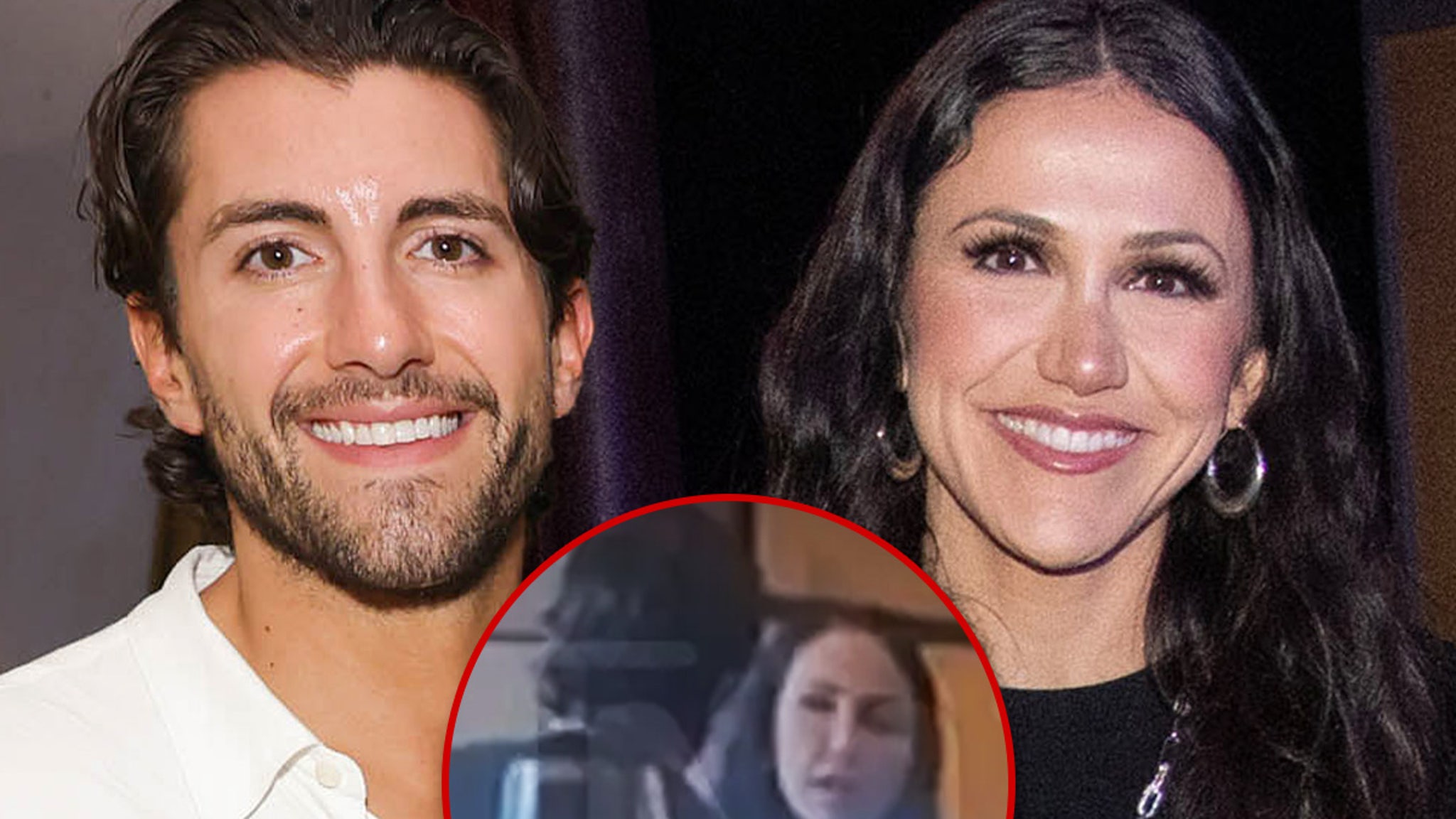


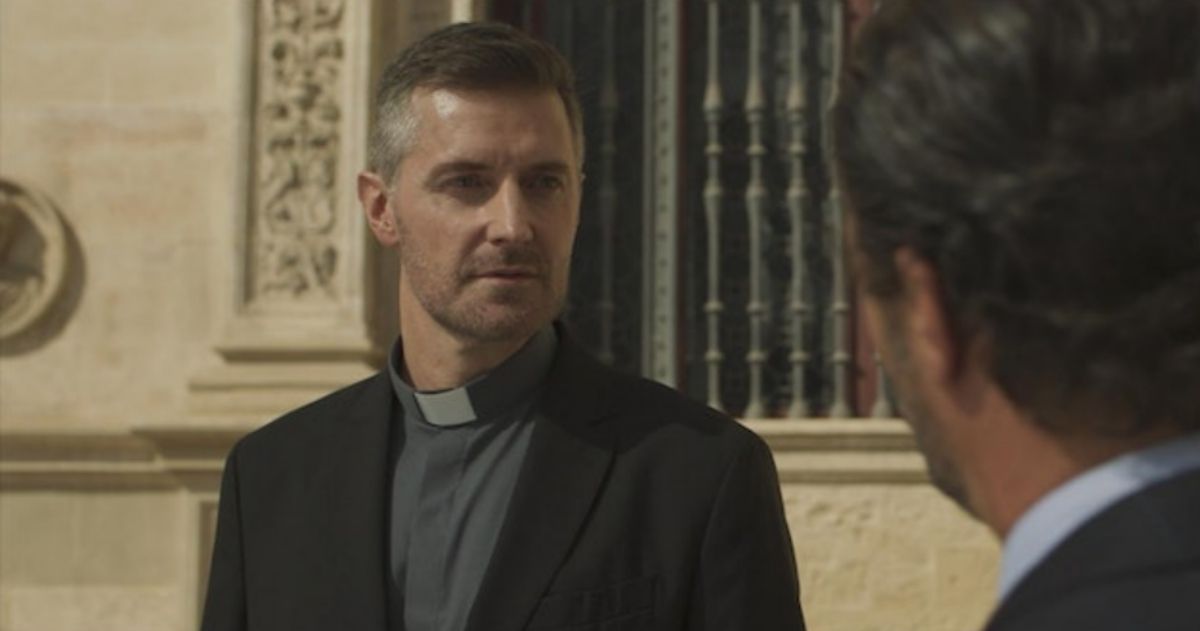






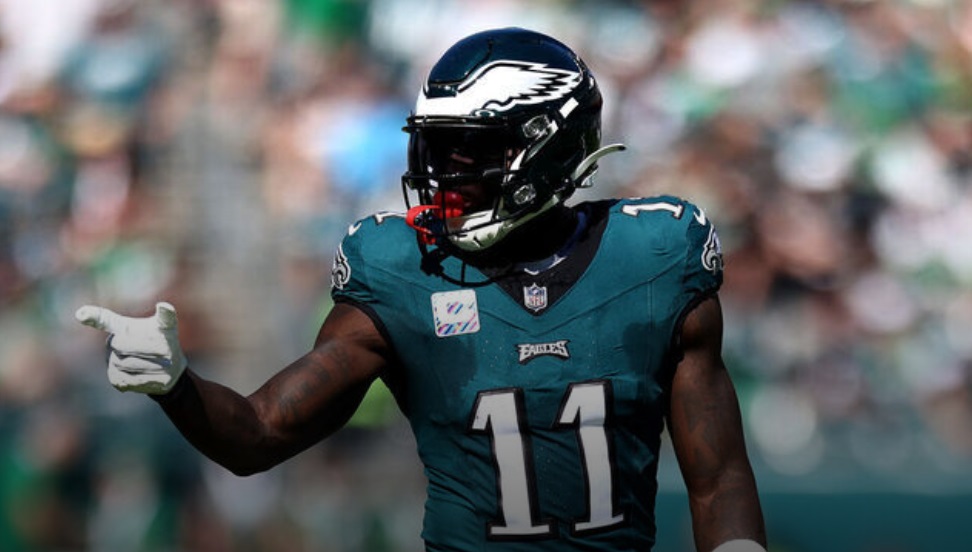



:quality(85):upscale()/2024/04/30/935/n/1922564/02f9990566316200eedab6.59700408_.jpg)

:quality(85):upscale()/2024/04/30/256/n/1922564/b39130e76631ce7cb6dbc6.88546252_.jpg)
